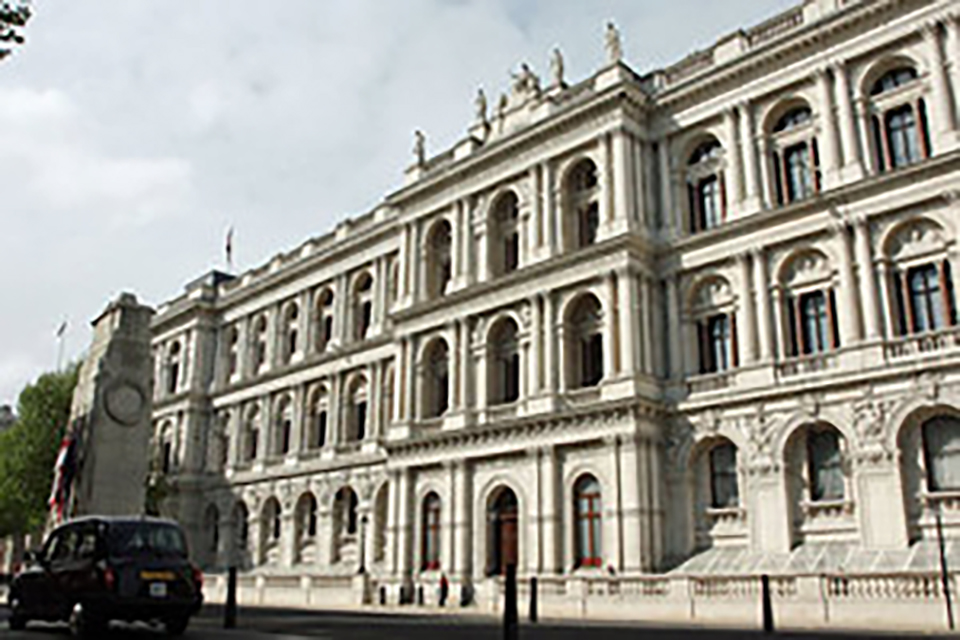UN Human Rights Council 47: UK statement at the side event on Assessing the National Security Law in Hong Kong
The UK's Ambassador to the UN and WTO in Geneva, Simon Manley, delivered this statement during the side event on Assessing the National Security Law in Hong Kong: The First 365 Days.

I would like to start by thanking all the speakers here today for coming together to discuss the situation in Hong Kong. A year on from the imposition of the National Security Law, it is clear that this is, and continues to be, the most concerning period in Hong Kong’s post-handover history.
As the UK has consistently said, the National Security Law constitutes a clear and serious breach of the Sino-British Joint Declaration. By imposing the law on Hong Kong on 30 June 2020, China broke its legal obligations. The Legislative Council was bypassed, undermining Hong Kong’s high degree of autonomy. The content of the law also seriously undermined Hong Kong’s rights and freedoms.
Senior Chinese Government figures claimed at the time that the law would target “a tiny number of criminals who seriously endanger national security”. The reality is that the law has been used systematically to restrict freedom of expression and to reduce legitimate political debate. This directly undermines the rights and freedoms China promised to the people of Hong Kong in the Joint Declaration.
We are now seeing the effects of a law with loosely defined provisions, backed up with the threat of potentially long jail sentences and transfer of cases to mainland China. High profile figures have been arrested to scare and intimidate others.
We see this in the courts with the ongoing trials of 47 pro-democracy politicians and activists for their alleged roles in unofficial political primaries last year. These cases, and others, demonstrate in the starkest way that the National Security Law is being used to stifle political dissent. Confidence in the rule of law will be undermined if there are further politicised prosecution decisions.
Furthermore, the recent action against Apple Daily and the ongoing targeting of Jimmy Lai demonstrates how the National Security Law is now being used further to suppress media freedom. This is against a wider backdrop of increased media censorship, and is another chilling blow to freedom of expression in Hong Kong. Since the imposition of the National Security Law, the UK has since declared two further breaches of the Joint Declaration. Firstly, in November last year, following the imposition of new rules by Beijing to disqualify elected Hong Kong legislators. Then in March this year, following Beijing’s decision to impose radical changes to restrict participation in Hong Kong’s electoral system.
As a result, the UK now considers China to be in a state of ongoing non-compliance with the Joint Declaration. By signing this legally-binding agreement, China undertook to uphold, until at least 2047, freedoms of speech, of the press, and of assembly. They also agreed to keep in force the International Covenant on Civil and Political Rights, and to maintain the independent judiciary and rule of law.
There is a stark and growing gulf between Beijing’s promises and its actions.
The UK will continue to defend the rights and freedoms of the people of Hong Kong. In response to the National Security Law, the UK extended its existing arms embargo on mainland China to include Hong Kong, suspended its extradition treaty with Hong Kong, and created a new visa route for British Nationals Overseas. Alongside our international partners, we have continued to call out China’s egregious actions - most recently in the communique of the UK’s G7 Summit, and through recent joint statements at the UN Human Rights Council.
The UK will continue to work with like-minded partners to stand up for the people of Hong Kong, call out the violation of their rights and freedoms, and hold China to their international obligations.